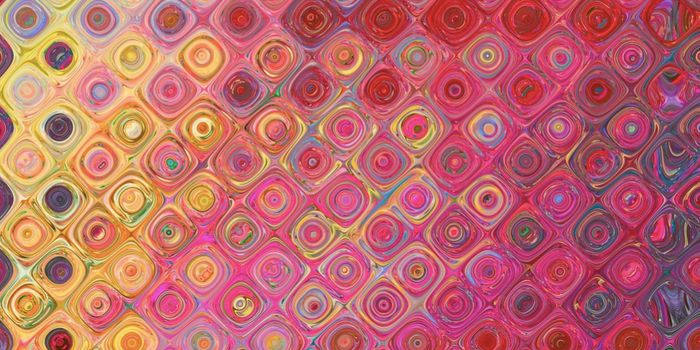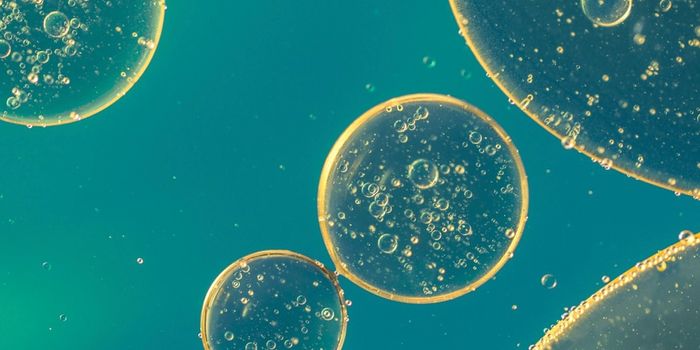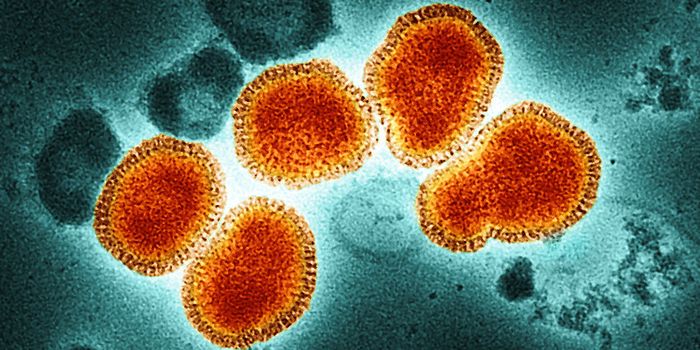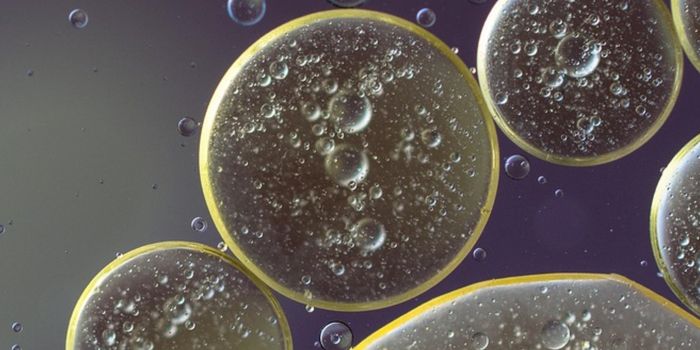High-Fiber Diets Can Alter the Microbiome Quickly & Significantly
We know that the microbes in the gut have a significant effect on human biology, and researchers are starting to learn more about what a healthy microbiome looks like and how to keep it that way. New work has indicated that even a short time on a high fiber diet can have a significant impact on the human gut microbiome, which may change how nutrients are absorbed. The findings have been reported in mSystems.
Diets that contain a lot of fruits, vegetables, and whole grains are high in fiber, resistant carbohydrates that persist in our digestive system. Though humans don't really digest resistant carbohydrates, gut microbes can break fiber down into short-chain fatty acids and other molecules that humans can use and do need.
It's estimated that most people in North America are not getting enough fiber in their diets; the average person gets about 50 percent of the recommended daily level. This could help explain why diseases like type 2 diabetes and colon cancer are on the rise. Dietary fiber influences the composition of the gut microbiome as well, which affects health and disease.
"The lack of fiber intake in the industrialized world is starving our gut microbes, with important health consequences that may be associated with increases in colorectal cancer, autoimmune diseases and even decreased vaccine efficacy and response to cancer immunotherapy," said senior study author Katrine Whiteson, an associate professor of molecular biology & biochemistry and co-director of the UCI Microbiome Initiative.
In this work, each week for two weeks, study volunteers consumed ten unprocessed meals that were high in fiber. The composition of their gut microbiome and short-chain fatty acid production was monitored before and after the time on the high fiber diet.
The researchers found that there was a significant alteration in the gut microbiome after the two-week period. There was a marked increase in a bacterium that's well known for its fiber-degrading abilities, called Bifidobacterium. There was no notable shift in fatty acid abundance, however.
"We hope to carry out longer dietary fiber interventions and study how fiber can support the gut microbiome and promote health. At this time during a pandemic, when we need our immune health and healthy vaccine responses, we encourage everyone to think about the plant diversity of their diets and add some beans, berries, and avocados where they can," added Whiteson.
Sources: AAAS/Eurekalert! via University of California (UCI), mSystems









